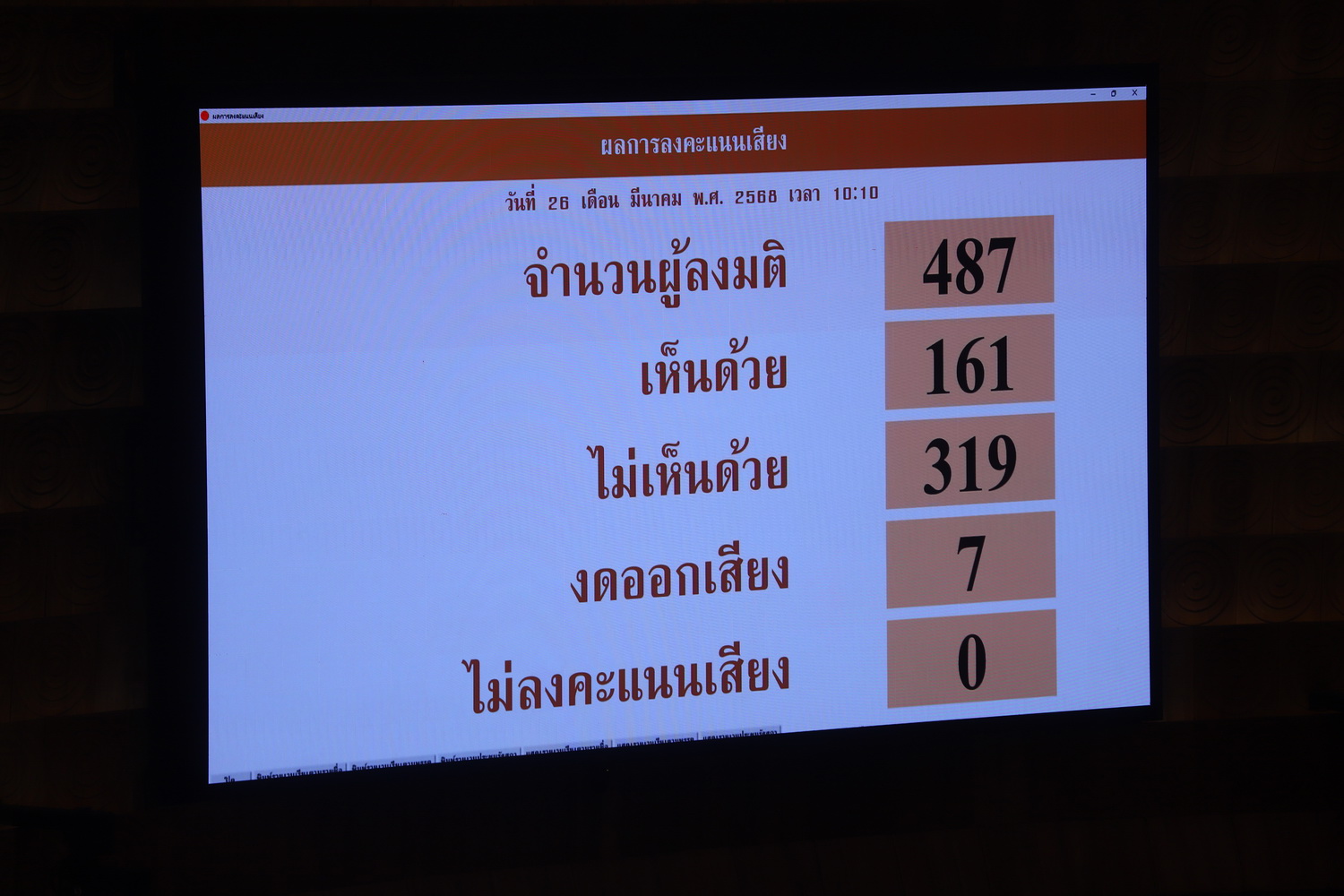
The first general election in two years will definitely take place next year regardless of the referendum's outcome although it may not be in July as planned earlier, according to Deputy Prime Minister Wissanu Krea-ngam.
If the draft constitution is endorsed in the referendum, writers will need time to draft organic laws governing elections.
"We have to wait for them to finish drafting the four important organic laws first," he said on Friday.
A countdown to the election will begin 150 days after the laws are finished, Mr Wissanu said.
The relatively long time required to draft organic laws has given rise to speculation that the polls might be put off beyond 2017 as outlined in the junta's roadmap.
However, the charter writers had said they would try to finish the four laws in four months, half the time they allow themselves in a provisional clause of the draft charter.
But if the constitution is voted down in the Aug 7 referendum, the government already has a contingency plan, which cannot be revealed at the moment, Mr Wissanu said.
"By Aug 11 we should know the result of the referendum. If it's rejected, the interim 2014 charter will be amended to specify what to do next. The amendment may be passed by the NLA [National Legislative Assembly] on the same day so the election timetable won't be derailed," he said.
The interim charter needs to be amended to specify what would happen if the referendum is turned down. Critics of the draft charter are urging the use of the 1997 constitution, reasoning it was the only one in Thai history where people had a say in it. All members of the Constitutional Drafting Assembly which drafted it were popularly elected.
Apart from whether to accept the draft charter, voters will be asked another question at the referendum.
"It can be any question, even though it goes against the charter or challenges its principles or provisional clauses. It can even be whether the draft should scrapped and a new one written. It may not even have to be related to the constitution at all," Mr Wissanu explained.
The NLA will decide on what that question should be, perhaps after discussing it with the National Reform Steering Assembly, and send it to the EC.
"After the result to this question is known, the draft charter will have to be revised to reflect it. The referendum rules," said Mr Wissanu.



